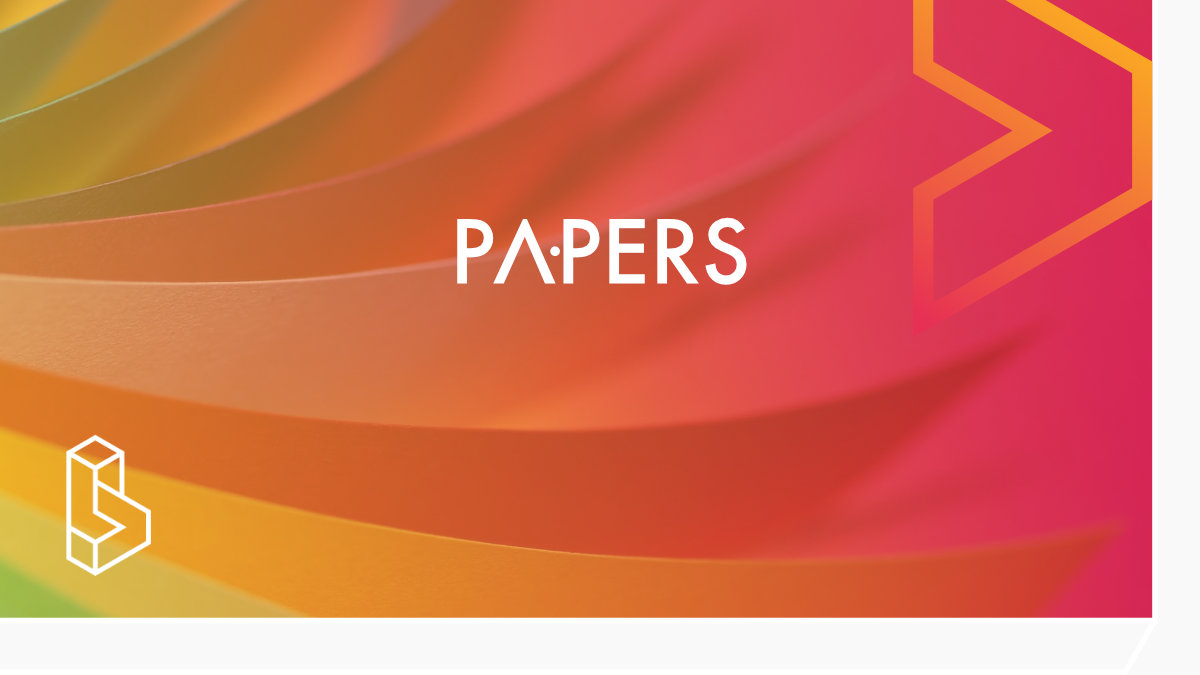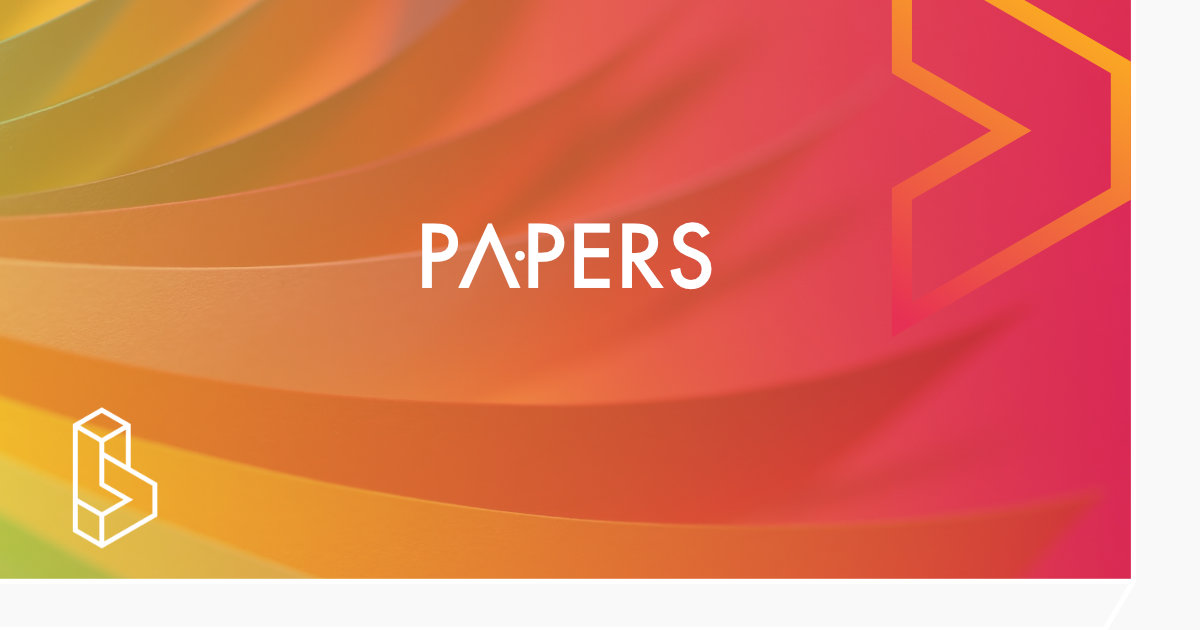This pre-print open-label study (n=8) co-administered psilocybin (25mg) with the amnestic benzodiazepine midazolam to assess the role of memory in the therapeutic effects of psilocybin. It finds that midazolam partially impaired memory while allowing a conscious psychedelic experience, with memory impairment inversely associated with salience, insight, and well-being induced by psilocybin, suggesting a role for memory in its therapeutic effects.
Biorxiv
June 2024
Cited by 0
This open-label pilot study (n=20) investigated the safety and efficacy of intranasal ketamine for treating a single cluster headache (CH) attack. While the primary endpoint of a 50% reduction in pain intensity within 15 minutes was not met, at 30 minutes post-treatment, pain intensity was significantly reduced by 59% on an 11-point scale, with no serious adverse events reported.
Headache
November 2021
Cited by 10
This double-blind, placebo-controlled study (n=10) assesses the safety and efficacy of repeated pulse administration of psilocybin (10mg/70kg, 3x in 15 days) in cluster headache patients. Following the initial trial, eligible participants received a psilocybin pulse at least 6 months later and kept headache diaries for 8 weeks. Results indicate a significant reduction in cluster attack frequency following the psilocybin pulse, suggesting potential therapeutic benefits.
Journal of the Neurological Sciences
April 2024
Cited by 0
This survey study (n=170) aimed to understand the effectiveness of classical psychedelics in treating chronic pain conditions compared to conventional treatments. The analysis focused on five specific conditions: fibromyalgia, arthritis, migraine, tension-type headache, and sciatica. Results showed that, except for sciatica, participants reported better pain relief using psychedelics than with conventional medication. Specifically, full psychedelic doses outperformed conventional treatments, while microdoses provided significantly better relief for migraines and comparable relief for the other three conditions.
European Journal of Pain
August 2023
Cited by 0
This review (2023) highlights the potential therapeutic use of psychedelic drugs in treating episodic migraine. The only clinical trial conducted to date found that a single low dose of psilocybin reduced weekly migraine days and pain intensity for two weeks in episodic subjects, with additional findings suggesting potential benefits in cluster headaches.
Current Pain and Headache Reports
August 2023
Cited by 0
This double-blind placebo-controlled study (n=14) finds that psilocybin (10mg/70kg, 3x) reduced the frequency of cluster headaches by 3 (from a baseline of 10), but this effect was not significant. The intensity of the acute experience didn't impact the outcome. A study with more participants might find a significant treatment effect.
Headache
November 2022
Cited by 0
CCH attack frequency reduction after psilocybin correlates with hypothalamic functional connectivity
This open-label study (n=10) finds that three moderate doses of psilocybin (10mg/70kg) significantly reduced the frequency of chronic cluster headaches (CCH). On average, the frequency was reduced by 30%. One participant was free from CCHs for 21 weeks.
Headache
January 2024
Cited by 0
This review (s=9, 2022) analyses retrospective surveys that quantified the self-reported efficacy of two or more cluster headache (CH) treatments. The consistently reported efficacy of psilocybin and LSD in prophylactic treatment indicates the need for clinical studies in this area.
Academic Psychiatry
June 2022
Cited by 0
This review and meta-analysis (2021) explores the current evidence on using ketamine to treat migraines and other primary headache disorders. The authors found inconclusive evidence across five randomized-controlled trials (RCTs) which was attributed to the high risk of bias, small sample sizes, heterogeneity of the outcomes reported, and heterogeneity of the comparison groups.
Journal of Dental Anesthesia and Pain Medicine
October 2021
Cited by 0
This digital ethnographic study investigates how online health communities use self-experimentation to determine their treatment protocols by examining the case study of clusterbusters, a platform that came into being when a self-experimenter reported that LSD had prevented his usual cluster headache cycles on an internet forum. This example typifies how a rare disease being responded to with an even rarer form of intervention is cultivated through the collective experimentation of patient communities embedded in social networks who engage in collective forms of knowledge production.
Social Science and Medicine
June 2019
Cited by 7
This survey study (n=756) of those with cluster headaches found that they used more illicit drugs (including psychedelics) than the general population. For those who used them, about 50% said that psilocybin and LSD reduced both the attack frequency and duration of cluster headaches.
Cephalalgia
October 2019
Cited by 11
This survey study (n=496) found that indoleamine hallucinogens such as psilocybin and LSD are reportedly comparable to or superior in efficacy against cluster headaches than conventional treatments. Importantly, infrequent and non-hallucinogenic doses of these substances were reported to suffice for this effect to occur.
Journal of Psychoactive Drugs
November 2015
Cited by 37
This qualitative study (2017) examined self-reports from online forums about psychoactive substance use for treating migraines and cluster headaches, and found that psychedelic tryptamines, primarily LSD and psilocybin, were frequently reported to lessen both their frequency and intensity of pain at sub-psychoactive doses.
Harm Reduction Journal
September 2017
Cited by 29
This open-label, case series study (n=6) investigated the efficacy of the non-hallucinogenic LSD-analog BOL-148 (3 doses of 2100µg/70kg) for treating cluster headaches within a clinically diagnosed patient sample. The results show that three single doses of BOL-148 within 10 days can either break a cluster headache cycle or considerably improve the frequency and intensity of attacks, even resulting in changing from a chronic to an episodic form, with remission extending for many months or longer.
Cephalalgia
March 2010
Cited by 60
This qualitative interview study (n=53) assessed the efficacy of psilocybin and LSD to treat cluster headaches and found that a single dose was often sufficient to terminate a cluster period and that subhallucinogenic doses were also often reported to be effective treatments.
Neurology
June 2006
Cited by 264
This commentary (2008) recalls the history of unauthorized research on cluster headaches that started out from individual claims in online forums to the implementation of systematic surveys conducted by medical professionals. Psilocybin, LSD, and LSA (contained in Hawaiian baby woodrose and morning glory seeds) now appear to be at least as effective as the conventional medication to treat cluster headache.
Documents For Serious Psychonauts
January 2008
Cited by 10
This online survey study (n=54) aimed to evaluate the use of illicit drugs for self-medication amongst individuals who suffer from cluster-headaches and found that cannabinoids, cocaine, heroin, LSD, LSA, and psilocybin were commonly used for such purposes. Although this was not the primary focus of the study, survey respondents reported a significant prophylactic effect from hallucinogenic agents even if consumed only on to three times per year, usually at subhallucinogenic doses.
Cephalalgia
April 2015
Cited by 17
This double-blind placebo-controlled study (n=18) found that psilocybin (5-30mg/70kg) frequently caused mild to moderate delayed and transient headaches in healthy volunteers in a dose-dependent manner.
Drug and Alcohol Dependence
June 2012
Cited by 99
This double-blind, placebo-controlled, cross-over study (n=10) finds that a medium dose of psilocybin (10mg/70kg) significantly reduced migraines (headaches) in the two weeks after dosing.
Neurotherapeutics
November 2020
Cited by 34
This review (2020) investigates the (limited) research on psychedelics for chronic pain and notes the limitations op opioids (and the current epidemic of use).
Regional Anesthesia and Pain Medicine
May 2020
Cited by 55
Find Psychedelic Papers
Find all relevant psychedelic research papers in our ever-growing database. Here we cover and connect the latest research and seminal papers. From early open-label psychedelic studies with healthy volunteers to large-scale double-blind, placebo-controlled trials.
We have not only indexed over 2000 papers but have added additional contexts such as type of study, a compound studied, which paper it’s related to, the trial associated with a study, and over 30 more variables.
More coverage of psychedelic research can be found on our Research page.


